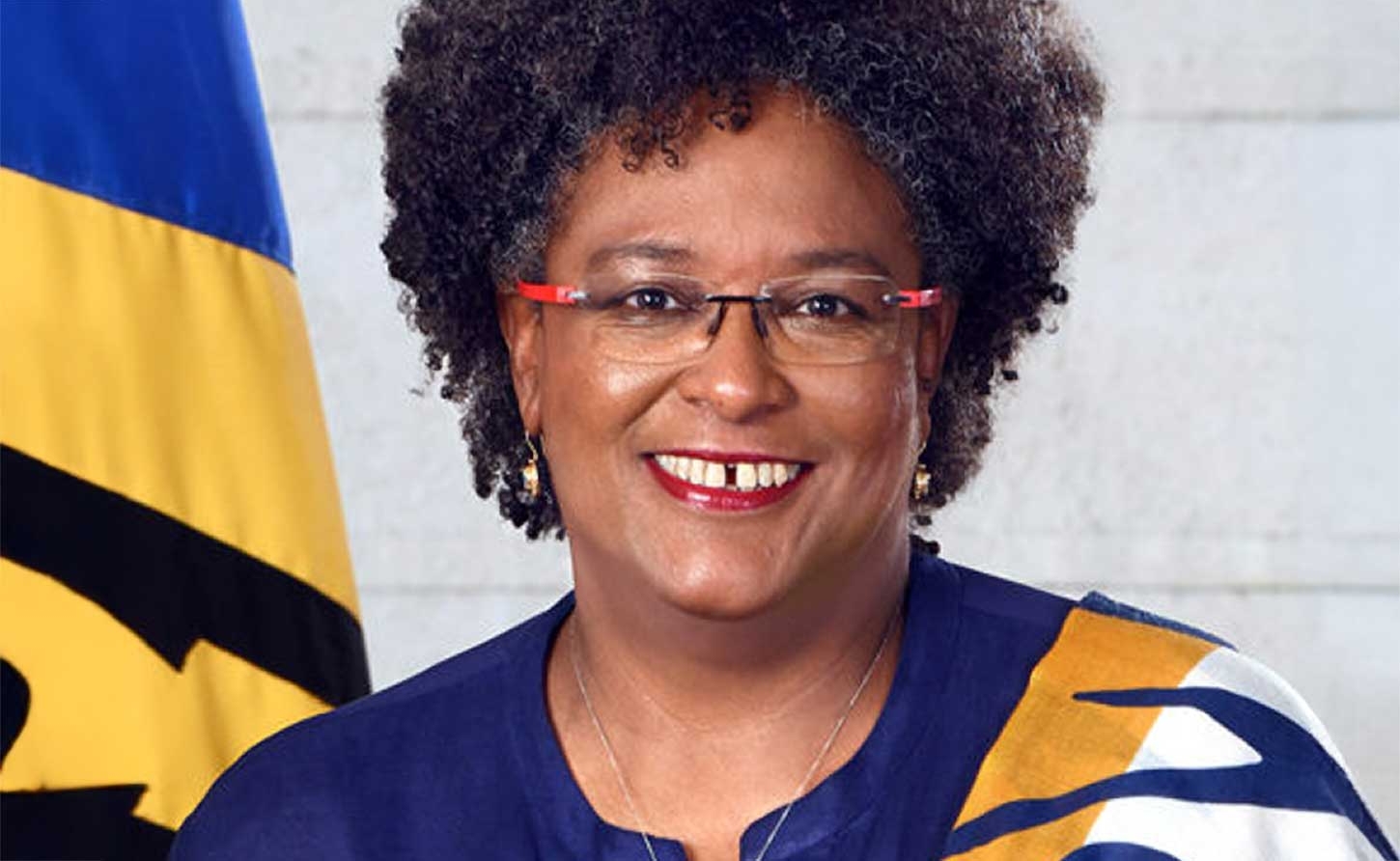CARICOM | Mottley's Brutal Truth: The World Has Failed Haiti, and the Caribbean Pays the Price

MONTEGO BAY, Jamaica, July 7, 2025 - Barbados Prime Minister Mia Mottley delivered a scorching indictment of global hypocrisy at CARICOM's 49th summit, declaring with unflinching clarity: "The world really needs a check on itself when it comes to Haiti. If ever we doubted that there were first class and second class citizens in the eyes of the world, don't doubt it anymore."
Her fury is justified by blood-soaked statistics. Over 5,600 people died in gang violence in Haiti during 2024 – exceeding casualties in many active war zones. In December alone, 207 people were massacred in Cité Soleil, with victims mutilated, burned, and thrown into the sea.
Yet only 8 percent of Haiti's $674 million humanitarian appeal has been funded. The world promises much but delivers little, leaving Caribbean neighbors to shoulder burdens far beyond their capacity.
Mottley knows about global bureaucratic cruelty firsthand. Despite Barbados being removed from the Financial Action Task Force's monitoring list in February 2024 and Jamaica following in June, both nations remain trapped on the European Union's parallel blacklist.
"We remain on delegated lists along with countries like Gibraltar and UAE," she said, her voice heavy with frustration at a system that punishes compliance with continued sanctions.
This isn't mere administrative incompetence – it's institutional racism dressed in technical language. While the European Parliament eventually moved to remove both countries in June 2025, the damage was done.
Caribbean financial institutions suffered for over a year despite full compliance, highlighting what Mottley called the "technical mechanism" that treats small states as expendable.
But where others see victimhood, Mottley has forged innovation. Her debt swap initiatives represent the most significant financing breakthrough to emerge from the region in decades.
Barbados has completed two such swaps – for marine conservation and climate infrastructure – without adding "a single cent" to national debt. The success has attracted attention from major development banks and even non-CARICOM countries seeking to replicate the model.
Her latest bond issue includes natural disaster clauses that pause debt payments for two years following major hurricanes – preventing the obscene spectacle of disaster-struck nations prioritizing creditors over citizens.
"We are in a position to pause the payment of our debt, both principal and interest for two years and not have to do what befell the people of Dominica," she explained, referencing the island's post-Hurricane Maria debt crisis.
The regional debt swap initiative could fundamentally reshape how small island states finance development. By leveraging regional liquidity through CARICOM bonds offering competitive returns while funding development at rates below international capital markets, Mottley has created a template for financial sovereignty.
Yet her most prescient warning concerned information warfare. In an era where artificial intelligence and misinformation threaten democratic stability, she called for a regional validation mechanism – "our own carry-on blue tick to validate truth in this community."
Recent weeks alone saw false news about Trump travel bans and fabricated travel advisories targeting Barbados, illustrating small states' vulnerability to information attacks.
"The new armada and the new flotilla is that which will control our mind," she declared, invoking Marcus Garvey's call to emancipate minds from mental slavery. This isn't hyperbole – it's strategic foresight from a leader who understands that future conquests come through satellites and algorithms, not ships.
Her push for the Caribbean Court of Justice as the region's final appellate authority reflects this same sovereignty imperative.
While some countries require referenda, Mottley argued that "this ought to be the subject of public education" – acknowledging the political courage required to assert legal independence.
The Caribbean Single Market and Economy, long stalled by political timidity, needs what she called "the boldness to move thought into action." Her proposal to establish the long-delayed Educational Transformation Commission addresses the reality that Caribbean education systems remain "not fit for purpose for our citizens today."
As she concluded with an invitation to Carifesta 15, Mottley's message crystallized: culture as resistance, creativity as weapon, Caribbean identity as shield against homogenization.
Her Jimmy Cliff philosophy – "you can get it if you really want, but you must try and try" – might sound naive until you consider the debt swaps, FATF victories, and institutional innovations emerging from a nation of 280,000 people.
"Let not Brexit be our future," she warned, understanding that fragmentation means suicide for small states.
Seven years after her first CARICOM address as a "young, romantic, idealist," Mottley returns scarred but unbroken, carrying solutions forged in the crucible of global indifference.
The question isn't whether her vision is right – it's whether the Caribbean has the courage to follow where she leads.
-30-
